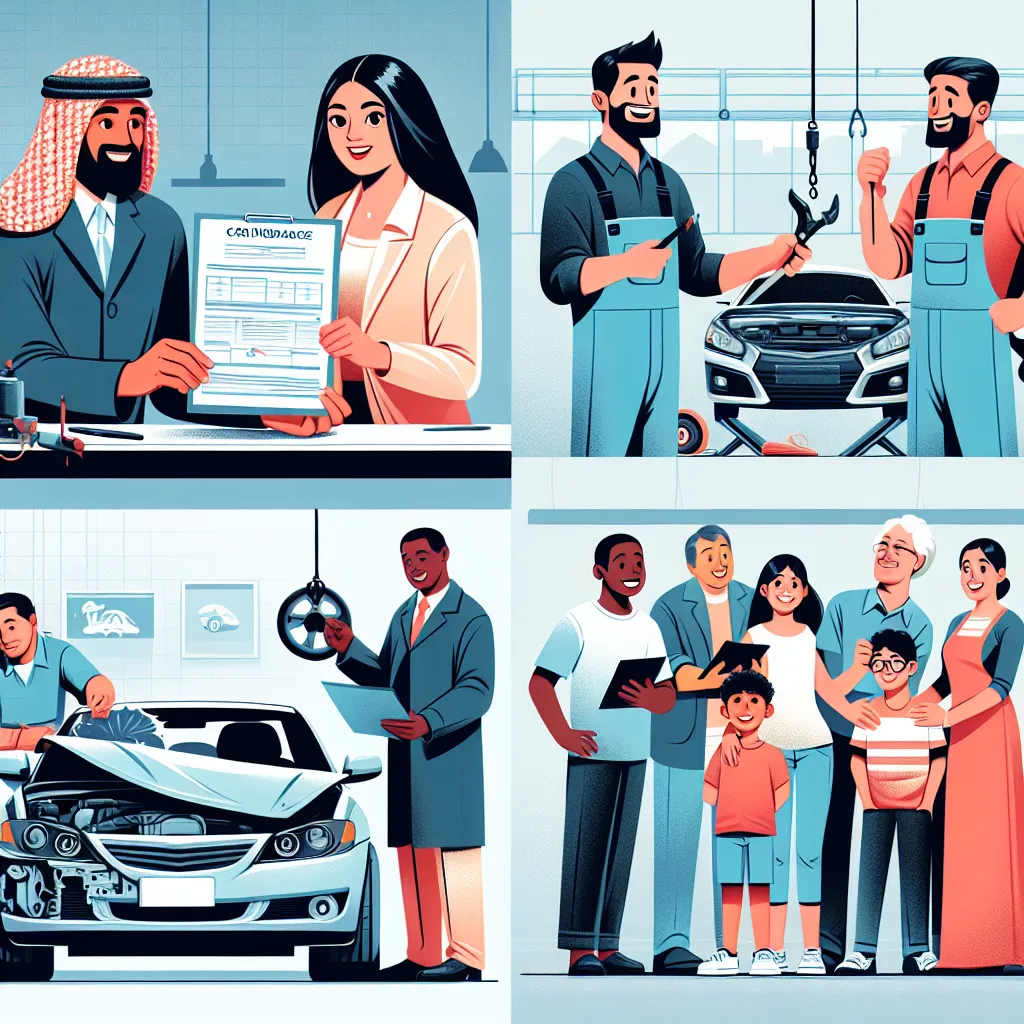Tag: Claims Process
-
Unlock Savings with Your Car and Home Insurance Quote

Discover how a car and home insurance quote can help you save money, compare coverage, and find the best protection for your needs. Read more
-
Unlock the Secrets of Home and Car Insurance Quotes

Discover how to compare home and car insurance quotes effectively to save money and get the coverage you need. Expert tips included! Read more
-
Mastering Car Insurance Quotes for Better Savings

Discover how car insurance quotes can help you compare rates, save money, and find the right coverage tailored to your needs. Read more




